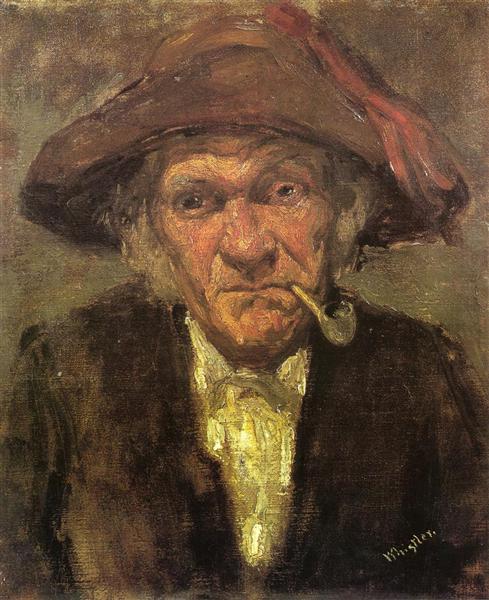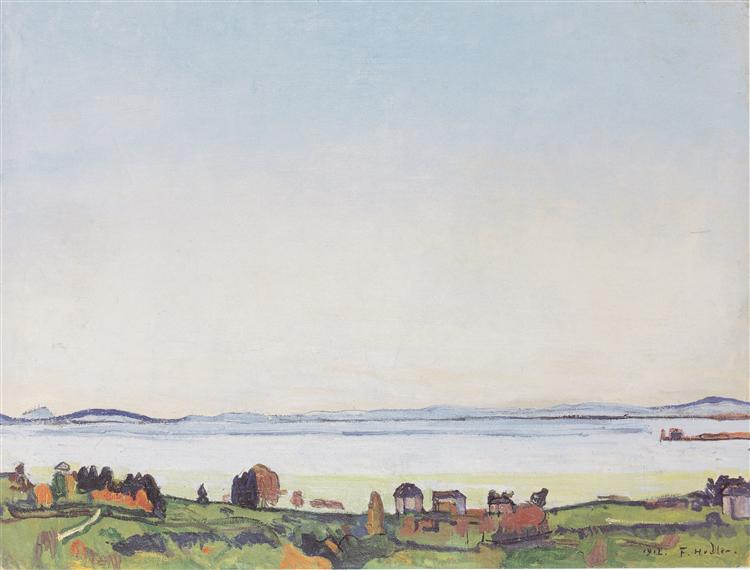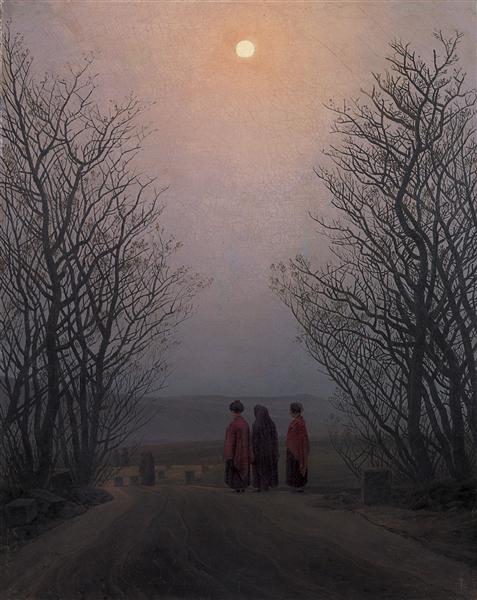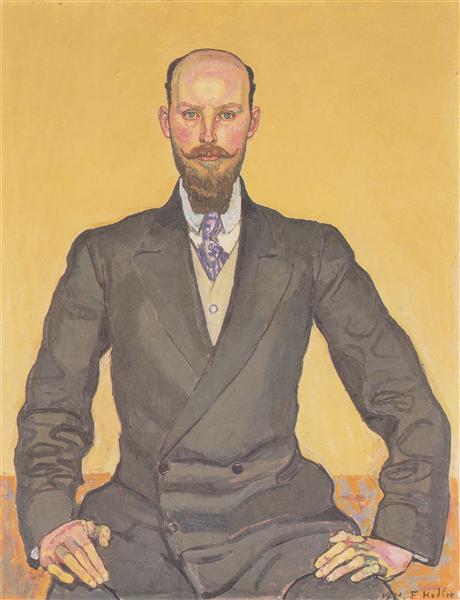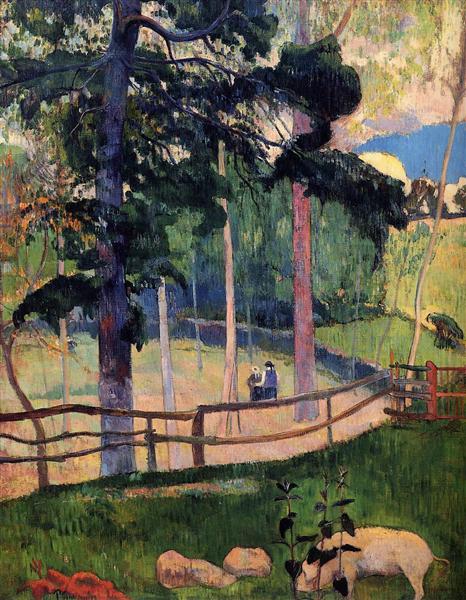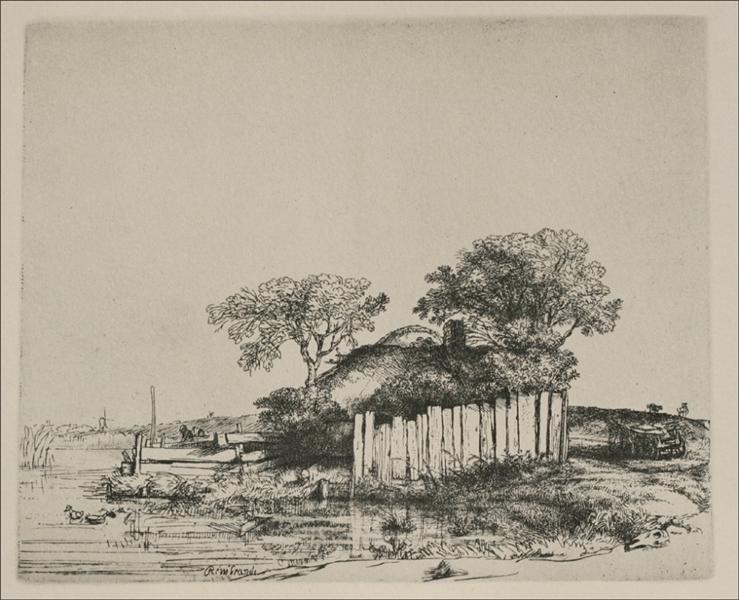Description
The painting "Man smoking in pipe" by James McNeill Whistler, concluded in 1859, offers a captivating window to the emerging talent of the American-British artist during his early years. Whistler, known for his innovative approach and his ability to capture the most intimate essence of his subjects, demonstrates in this work a technical skill and a deep understanding of composition and color.
At first glance, the work stands out for its simplicity and focus on a single subject: a man smoking a pipe. The figure, with its somewhat reflective and melancholic inclination, becomes the nucleus of the painting, While the background remains indefinite, immersing the viewer in the introspective and almost ethereal atmosphere that Whistler used to evoke in his work. The artist's choice to use an indefinite background directs all the attention to man, allowing us a deeper connection with his emotional state and emphasizing the inherent loneliness of the captured moment.
In color terms, Whistler opts for a dominant palette that dominate brown, ocher and gray tones. These colors not only reinforce the melancholic atmosphere, but also reflect their predilection for tonal studies that would become a distinctive brand of their career. The subtle use of lights and shadows adds depth to the subject of the subject and to the texture of the clothes, providing a realism that enhances the human presence in the pictorial space.
The man of painting, dressed in a simple and without ostentation way, seems immersed in his thoughts while holding the pipe. The pipe itself, a small but significant complement, suggests a moment of pause and personal contemplation. This attention to detail, although subtle, is indicative of Whistler's meticulous approach to the daily elements that he transformed into sources of visual narrative evocative.
"Man smoking in pipe" also reflects the influence of masters Europeans in Whistler's work. Ecos of Rembrandt's portraits can be seen in the masterful management of the chiaroscuro and in the intimate approach towards the subject. Although Whistler would later develop a more abstract and symbolic style, this early painting is testimony of his technical domain and his ability to capture the ephemeral and deep of the human being.
Whistler's work was not only confined to painting; He was a crucial figure in the aesthetic movement that emphasized art for art, moving away from literal and moralizing representations. Works such as "Arrangement in Gray and Black No. 1" (Commonly known as "Whistler's mother") and "Night in black and gold: the rocket that falls" shows their evolution towards more abstract explorations of color and shape, which, which They would challenge and redefine the traditional perceptions of art in their time.
In conclusion, "man smoking in pipe" of 1859 is not only a fascinating work in his own right, but also serves as a key piece within the artistic legacy of James McNeill Whistler. It reflects its origins, its influences and its innate ability to convert ordinary scenes into moments of deep emotional resonance. This painting, although less known than other of his masterpieces, remains an eloquent testimony of Whistler's genius and his enduring contribution to modern art.
KUADROS ©, a famous paint on your wall.
Hand-made oil painting reproductions, with the quality of professional artists and the distinctive seal of KUADROS ©.
Art reproduction service with satisfaction guarantee. If you are not completely satisfied with the replica of your painting, we refund your money 100%.

